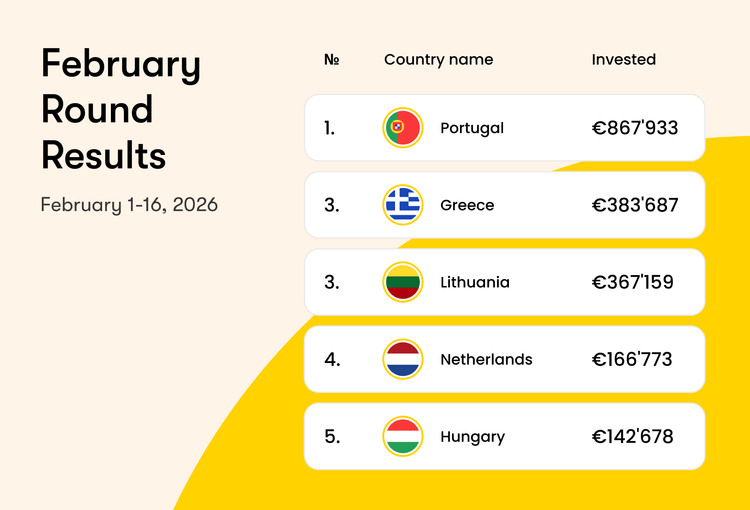The ways founders are not yet funded. Part 2
I’ve spent the last year or so trying to learn a bit more about this weird status quo and seek an opportunity to disrupt it. As it turns out, there’s no villain in the picture. Investors, creditors, and the start-up financing ecosystem in general are...

As it turns out, there’s no villain in the picture. Investors, creditors, and the start-up financing ecosystem, in general, are all perfectly rational, highly efficient, and act in their best interest.
The founders are screwed because the level of risk we are taking is excessive by any reasonable measure. Simply put, it is the growth founders who are crazy. No rational or sane investor should provide ANY capital to growth founders unless there’s a very unique set of circumstances that works for that particular investor. And even then there are several times more VC firms and angel investors who lose money investing than those who make it.
The good news is, we’ve seen this story before. Indeed, it was crazy to lend money against financial statements instead of solid assets — until about a hundred years ago this became the standard practice for American banks and subsequently led to an explosive growth of corporate lending. Until about the 1970s, it was crazy to invest your capital not in a particular stock or bond via a trusted broker, but in a depersonalized low-cost index fund that merely tracked all stocks in the market. And until the late 1980s, it seemed super crazy to send pre-approved credit cards to strangers, using granular data and experiments to build multi-factor scoring models.
At Scramble, we’re starting our own experiment. Our basic ideas are actually relatively trivial: that it is the founders who can adequately assess and take crazy risks, not the professional investment managers. That buying a stock in a start-up is a very complex and risky action, while lending to a founder as an individual is a fairly straightforward and low-risk exercise. That the role of the vast majority of investors is not to gamble in search of the next Uber or Google among tens of thousands of start-ups but to allocate their funds across a broad portfolio of companies over a sufficiently long period of time.
We’re super early in the journey. Where will our ideas and observations take us? How will the overall start-up financing ecosystem evolve?
Back in Ho Chi Minh City, smooth seasonality is not the only peculiar thing. Every time you decide to cross a road or ride a Grab bike, you can’t be sure of the outcome. Nobody really follows the road signs or traffic lights, and thousands of people driving their bikes in all possible directions simply take their chances that things will play out just fine. So will we.


